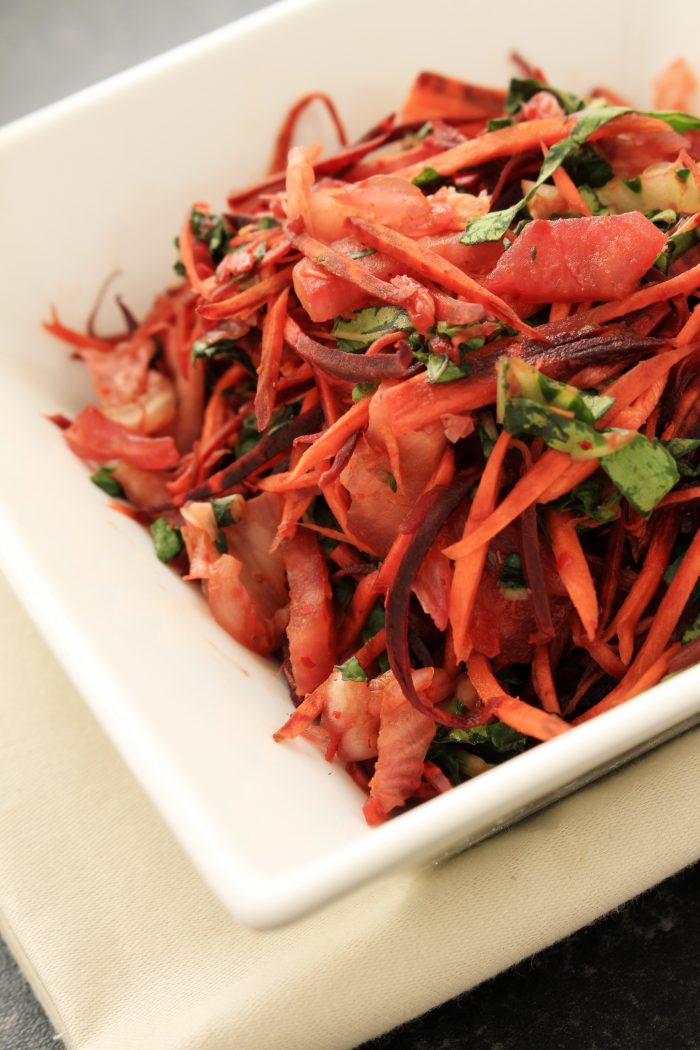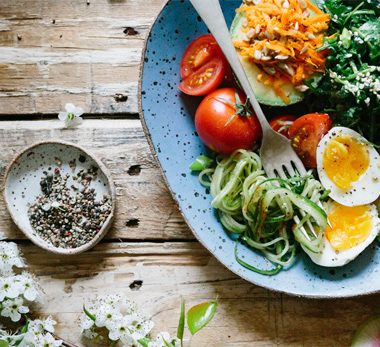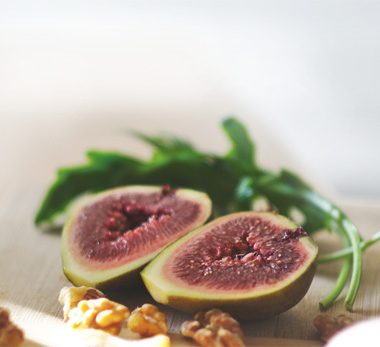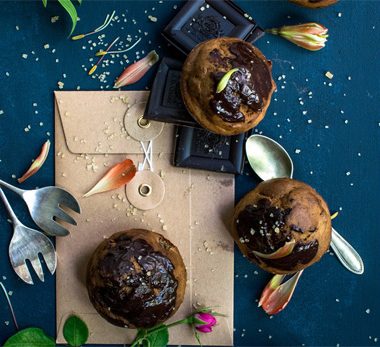Fermented Foods: Nature’s Probiotics

Fermented Foods – Nature’s Probiotics
Kimchi (pronounced kimchee), sauerkraut, and kombucha are some of the world’s great fermented foods. A fermented food is one whose taste and texture have been transformed by the introduction of beneficial bacteria or fungi. They were a part of traditional diets. Before I switched to a real food diet, foods like sauerkraut, kimchi and kombucha were foreign to me. These foods taste and smell strong but pack healing power.
Fermented foods are foods that have been through a process of lacto-fermentation in which natural bacteria feed on the sugar and starch in the food creating lactic acid. This process preserves the food, and creates beneficial enzymes, B vitamins and various strains of probiotics (bacteria).
Natural fermentation of foods has also been shown to preserve nutrients in food and break the food down to a more digestible form. This could explain the link between a diet rich in fermented foods and improved digestion. Cultures around the world have been eating fermented foods for years. Studies show a link between probiotic-rich foods and overall health. Sadly, with the advances in technology and food preparation, these time-honored traditional foods have been largely lost in our society.
The amount of probiotics and enzymes available in the average diet has declined drastically over the last few decades as pasteurized milk has replaced raw; pasteurized yogurt has replaced homemade kefir; and vinegar based pickles and sauerkraut have replaced traditional lacto-fermented versions.
Benefits to Fermented foods
Eating fermented foods will introduce probiotics, also known as beneficial bacteria, into your digestive system and help the balance of good bacteria in your digestive system. Fermented foods are Mother Nature’s version of probiotics which been shown to improve our health through the following functions:
- Improve bowel movements by regulating peristalsis (contraction of the colon)
- Break down sugar, lactose and oxalates in the diet;
- Balance our intestinal pH
- Make many of the B vitamins available to the body
- Support our immune system
For those are intimidated with the process of fermentation, there are many good products on the market today to experiment with. To learn more about fermenting, consider Wild Fermentation: The Flavor, Nutrition, and Craft of Live-Culture Foods, by Sandor Ellix Katz. And if the idea of eating these pungent foods makes you squirm, consider a therapeutic grade probiotic supplement to deliver the important benefits of bacteria to the gut. There are literally hundreds of strains of bacteria in our body.
Kombucha
Kombucha is a cultured beverage that is our version of “soda.” It is a brew of sweetened tea (black or green) that is fermented with a culture of bacteria and yeast. The bacteria and yeast feed off the sugar turning this simple tea into a healing elixir capable of combating constipations, candida overgrowth, digestive issues, detoxification and immune function.
The beneficial strains of yeast and bacteria in kombucha, lactobacillus and saccharomyces, also inhibit pathogenic microbes such staphylococcus, e. coli, salmonella, listeria and helicobacter pylori (H. Pylori). In this case, the beneficial yeast kill yeast in the body, rather than feed it as you would experience with sugar.
Like any health food, the Internet is full of lists with promising benefits of anything from weight loss to radiant skin. Fortunately, kombucha has been around a long time and has much to show in terms of its healing qualities, but with all foods, we must keep in mind our own bio-individuality and include only what works for us:
Benefits include:
- Inhibits harmful bacteria
- Repairs tissue and provides amino acids, the building blocks to your cells
- Helps digestion and relieves constipation
- Fights infections such as candida an thrush
- Detoxification—happy liver equals happy mood
- Cell regeneration
- Supports cellular energy production
You can find kombucha at most health food stores (although it is expensive) or you can make your own at home. If you are interested in making it yourself, you can buy a complete kit online at kombucha kamp.







